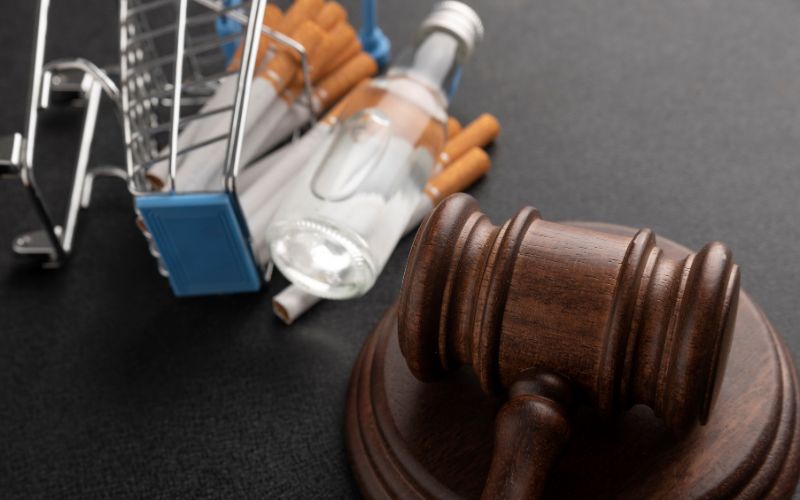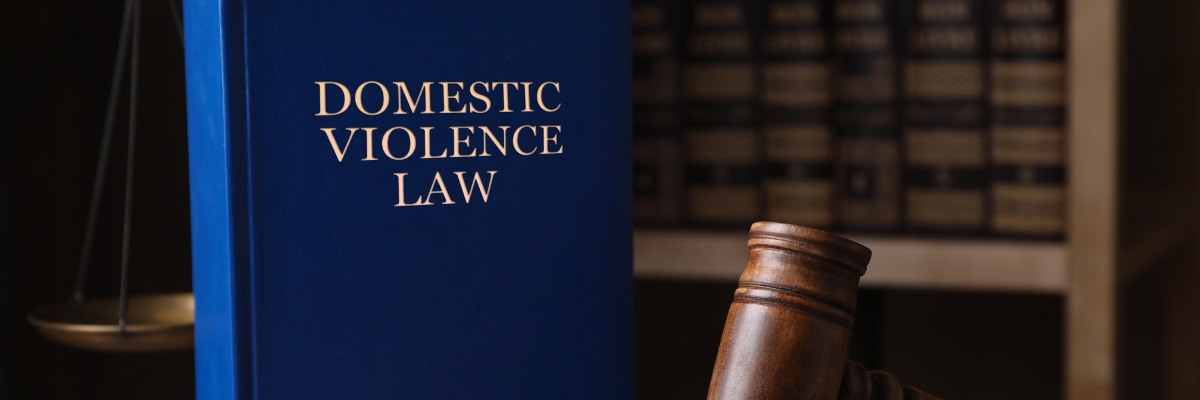What Is Diversion?
In some circumstances, diversion may be available for individuals who have been charged with minor criminal offences for the first time. Diversion is a way of dealing with criminal charges where the accused person does not end up with a criminal conviction. Although not limited to the following options, diversion usually involves the accused person completing;
- Community Service Work
- An Anger Management or Substance Abuse Program, or
- A Donation to a Recognized Charity
Once the accused person has successfully completed the diversion, he or she then returns to court where the charge is withdrawn at the request of the Crown Attorney.
Diversion is also available to anyone under the age of 18 who has been charged with a criminal offence. Diversion for youth is commonly referred to as Extra Judicial Sanctions, or simply EJS.
Extra Judicial Sanctions
Extra judicial sanctions falls within the larger section referred to as extra judicial measures under the Youth Criminal Justice Act. Extra judicial sanctions attempts to hold a youth accountable and responsible for his or her criminal behaviour and to prevent future criminal acts. Community service work is often involved with youth completing extrajudicial sanctions.
Can I Get Extra Judicial Sanctions?
Pursuant to section 10(2)(b) of the Youth Criminal Justice Act;
An Extrajudicial sanction may be used only if;
The person who is considering whether to use extrajudicial sanction is satisfied that it would be appropriate, having regard to the needs of the young person and the interests of society.
Generally, extra judicial sanctions are offered by the Crown Attorney when the young person is charged with a relatively minor criminal offence and he or she is a first-time offender. Even in circumstances where the Crown Attorney does not initially offer extra judicial sanctions, a criminal defence lawyer may be able to negotiate with the Crown Attorney that the charges against the young person be resolved through extra judicial sanctions.
Some examples of charges were extra judicial sanctions may be offered by the Crown Attorney include;
- Theft Under $5,000
- Mischief
- Possession of Marijuana
- Uttering a Threat
- Assault
- Possession of a Weapon / Carrying a Concealed Weapon
How Does Extra Judicial Sanctions Work?
If a youth is offered an opportunity to complete extra judicial sanctions, the young person must accept responsibility for his or her actions that form the basis for the criminal charges. If a youth denies any involvement in the commission of the criminal offences being alleged, then he or she will not be permitted to complete the extra judicial sanctions.
When a youth accepts responsibility and agrees to complete extra judicial sanctions, his or her case will be adjourned for about 3 months so that he or she will have an opportunity to complete the extra judicial sanctions. The young person will then meet with a youth probation officer to determine what extra judicial sanctions he or she will have to complete.
Section 4(d) of the Youth Criminal Justice Act allows a youth to receive extra judicial sanctions more than once, and it even permits a youth to receive extra judicial sanctions if he or she already has a youth criminal record. However, a Crown Attorney may not offer extra judicial sanctions where the young person commits a similar or worse criminal offence after receiving extra judicial sanctions on a recent prior occasion. A Crown Attorney also may not offer extra judicial sanctions where the criminal offence alleged involves serious acts of violence.
If I Complete Extra Judicial Sanctions, Will I Have A Youth Criminal Record?
No. Any youth who successfully completes extra judicial sanctions will not end up with a youth criminal record. Once a youth has successfully completed the extra judicial sanctions, he or she will return to court where the charges will be withdrawn. Follow the link if you would like to read more about Youth Criminal Records.
Contact Me
If you, or your son or daughter, have been charged with a criminal offence, contact me today.
You can also read more about Youth Offenders and the Youth Criminal Justice Act.













